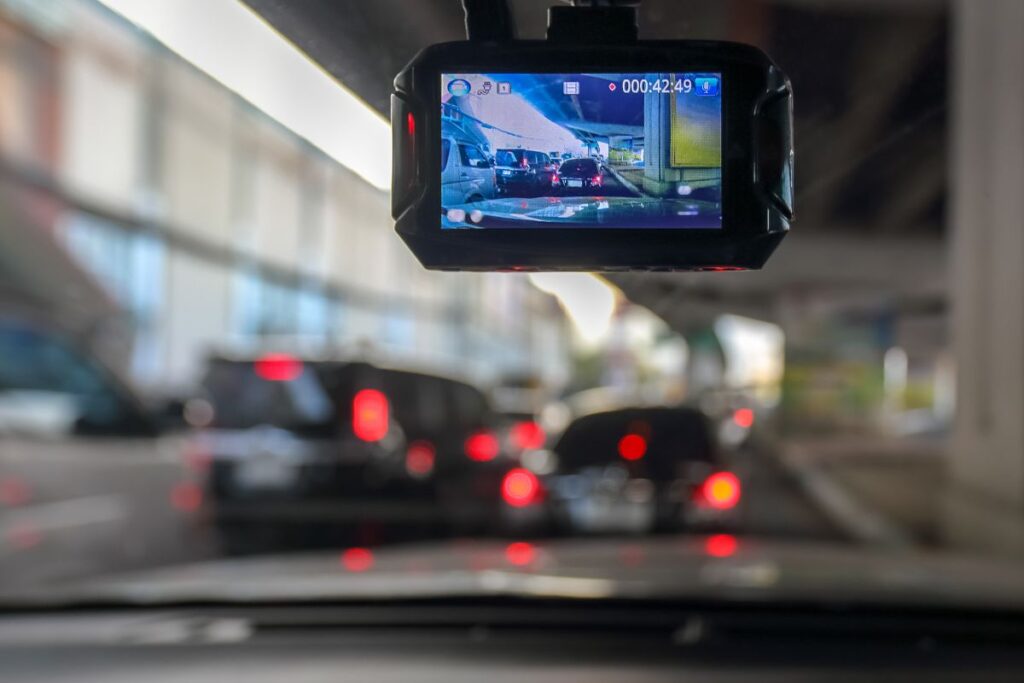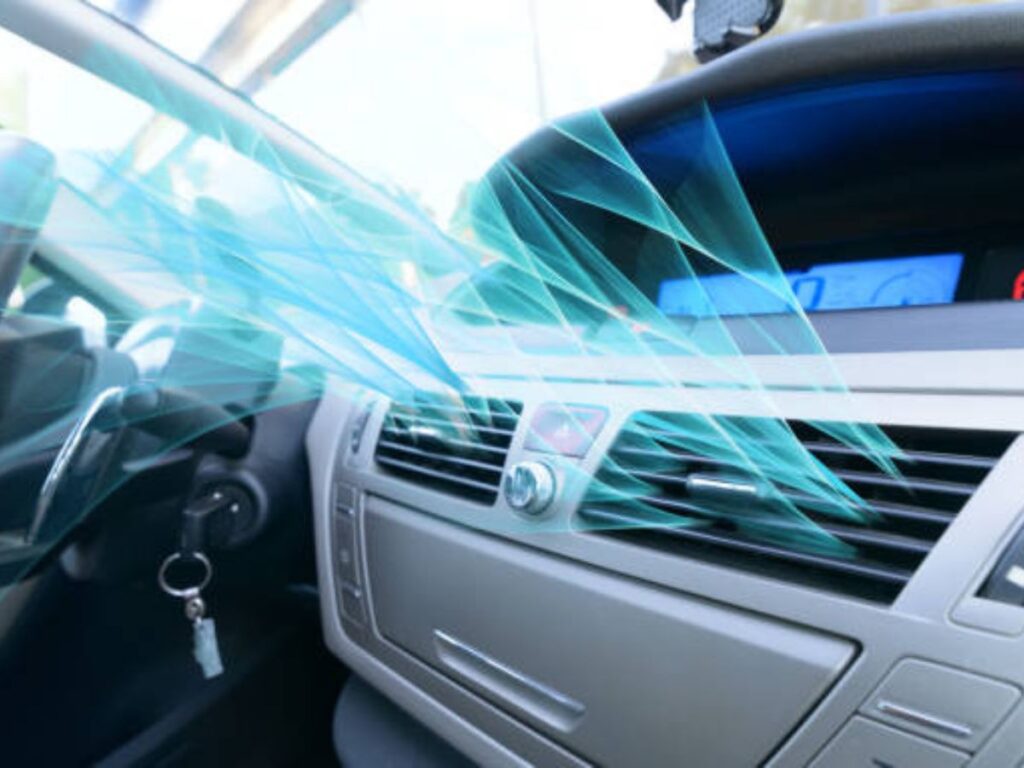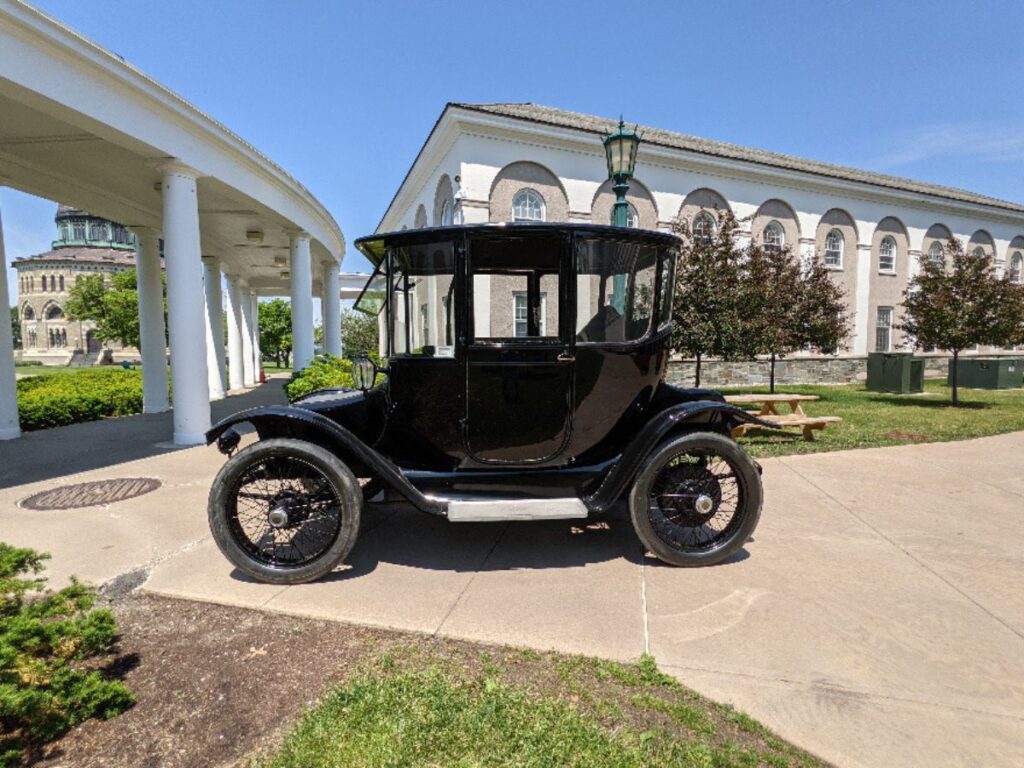People now struggle to decide between a Chromebook and a laptop because of how similar they are in function. That’s why this post will explain the Chromebook vs. Laptop – Which Computer Should You Buy? while comparing their aspects and their pros and cons.
Today, almost every industry must use software or a computer to perform tasks and jobs. At home, work, or school, both devices can access apps, browse the web, and so forth. But there are noticeable distinctions between the two platforms, and each has benefits and drawbacks.
You might be unable to tell if are good Chromebooks or a laptop apart if you compare them side by side. Despite sharing a similar exterior, these gadgets are made for two different tasks. However, it’s crucial to first comprehend the distinctions between a Chromebook and a laptop before purchasing them. So, let’s do Chromebooks vs. laptops!
TABLE OF CONTENT
- CHROMEBOOK VS LAPTOP
- WHAT IS A CHROMEBOOK AND LAPTOP?
- CHROMEBOOK VS LAPTOP
- OPERATING SYSTEM
- SOFTWARE AND APPS
- SPEED AND PERFORMANCE
- STORAGE
- SECURITY
- BATTERY
- SIZE
- PRICE
- CHROMEBOOK VS LAPTOP PROS AND CONS
Table of Contents
ToggleCHROMEBOOK VS LAPTOP
To know the difference between a Chromebook and a laptop, you first need to understand the term Chromebook and laptop.
WHAT IS A CHROMEBOOK AND LAPTOP?
CHROMEBOOK- A Chromebook is a low-cost web-centric notebook that uses Google’s Chrome operating system as an alternative to traditional computers (OS). There are different types and models of it, like apple Chromebook, Lenovo Chromebooks, etc. But the best 5 affordable Chromebooks for back-to-school or distance learning are:
- Google Pixelbook Go
- Asus Chromebook Flip C434.
- Lenovo Flex 5i.
- Samsung Chromebook Plus V2.
- Dell Chromebook 3100 Education.
LAPTOP- A laptop is a portable personal computer featuring a screen, integrated CPU, mouse, and alphanumeric keyboard that may be used in several settings.
CHROMEBOOK VS LAPTOP | |
CHROMEBOOK | LAPTOP |
OPERATING SYSTEM | |
Uses Chrome OS. The operating system used by Chromebooks and laptops is one of the most significant distinctions. Because Chrome OS is a lightweight operating system, you won’t have to wait long to connect to the Internet and begin working on your next assignment. But to make the most of a Chromebook, you’ll need to be connected to the Internet. | Uses Linux OS, macOS, and Windows. Windows 10 is a benefit because it is a much bigger operating system. It implies that you have much more freedom to use applications or carry out strenuous activities. The capabilities of your laptop or MacBook laptop will determine how quickly Windows 10 and macOS operate. Your laptop’s operating system and programs will work more rapidly if it has more power. |
SOFTWARE AND APPS | |
People can select a Windows or Mac OS over a Chromebook because of software accessibility. The software packages available for each device are very different because they run on various operating systems. Applications from the Chrome Web Store can be run on Chromebooks. Many of them also use Android applications that may be found in the Google Play Store. | If you do laptop vs. Chromebook in the aspect of the software, Microsoft continues to prioritize locally installed and hosted apps. The great majority of computer software is ultimately installed on Windows initially. A laptop gives you access to millions of apps that a Chromebook cannot run. |
SPEED AND PERFORMANCE | |
Chromebooks run well, with quick startup times and little lag. It could take some getting used to working on a Chromebook if you’re accustomed to using a Windows laptop. Because it doesn’t have a lot of unnecessary background activities, Chrome OS is quick. Since Chrome OS isn’t as resource-intensive as other popular operating systems, Chromebooks frequently use lower-performance CPUs like Intel N-Series Celeron and Pentium processors or AMD A4/A6 processors. Because it is a lightweight operating system, Chrome OS doesn’t require a lot of power to function correctly. | If you do Chromebook vs. windows in performance, laptops frequently have more powerful processing and graphics capabilities; they typically perform better. Laptops running Windows and macOS can have unlimited capacity and power to do any task you throw at them. A typical laptop has far more raw power available. Suppose you’re willing to pay more for the more robust specifications. Additionally, they work with resource-intensive applications. |
STORAGE | |
Connected to the “cloud.” Since Chromebooks are more geared toward online storage than traditional laptops, they often have less capacity. There is hardly any built-in storage on Chromebooks. File storage on the device is not required. Instead, you back up your files to Google Drive online. This is much safer. All your files would remain secure even if your laptop were stolen or damaged. You can still connect to an external hard disc to access more backups. | Online in the cloud as well as offline on a drive. Due to its flexibility, Windows computers provide both local and cloud storage alternatives. You can utilize the 32 GB of free Cloud storage that Microsoft provides in addition to local storage. A Windows laptop or MacBook laptop also enables you to store your files in the cloud online. You can save files online, for instance, on Google Drive, or select an alternative like Dropbox or OneDrive. |
SECURITY | |
More secure Chrome OS is less vulnerable to attacks because Chromebooks come pre-protected against viruses and don’t need an additional virus check, and this is the best Chromebook specialty. Google has made several steps to protect its OS from malicious users. Threats and viruses have a limited impact on the operating system and Chromebook because Google protects online files. | Less secure Microsoft offers its free internet security program, Microsoft Defender, and periodically upgrades it. However, hackers, spyware, viruses, and other internet threats frequently target Windows. Most consumers opt to add extra security to their PCs by installing third-party antivirus software. Because Windows offers more potential for success, hackers are more likely to concentrate on the OS. A Windows laptop is undoubtedly more challenging to keep clean. Although macOS is generally more secure, Chrome OS is more vulnerable. |
BATTERY | |
10 to 12 hours In terms of battery life, Chrome OS smartphones are hard to top. The battery may last up to 14 hours on average and 10 to 12 hours on average. This is difficult to find with a standard laptop, particularly one with a cheap price tag. A Chromebook is your best buddy if you frequently forget to charge your device at home. | 3-12 hours Laptop batteries run out in a matter of hours. Chromebooks use less energy than Windows laptops due to their less energy-efficient operating systems and more powerful hardware. These laptops kinds must be recharged more frequently as a result. The average battery life of a Windows laptop is shorter than that of a MacBook laptop model. |
SIZE | |
Very transportable and convenient Because they are often portable, lightweight, and have simple designs, Chromebook devices resemble notebook pads more than laptops; that’s why many people do notebook vs. Chromebook. The primary purpose of Chromebooks is to connect to Google Drive, which handles all processing and storage. Thus, it is straightforward to create Chromebooks that are lightweight and portable. | Due to its greater size and weight, it is marginally less portable. Furthermore, there are fewer ultra-portable Windows and macOS laptops than there are Chromebooks, and the few that do tend to cost a lot more money. You’ll have to shell out a substantial sum for a potent Windows or macOS laptop if you want it to be as portable as a Chromebook. |
PRICE | |
CHROMEBOOK PRICE VARIES Low: $200 to $400 Mid-range: $400 to $700 Premium: $700 to $1,500 | LAPTOP PRICE VARIES Low: $300 to $500 Mid-range: $500 to $1,000 premium $1,000–3,500 |
CHROMEBOOK VS LAPTOP PROS AND CONS | |
CHROMEBOOK PROS | LAPTOP PROS |
· Chromebooks cost less. · It is incredibly stable and quick. · Chromebooks’ batteries last longer. · Viruses don’t affect Chromebooks as much. · Many Chromebooks are small and light. | · Easy-to-use laptops · Most laptops are composed of robust, long-lasting materials. · Standard computer components are frequently found in laptops. · Unless it is intrinsically web-based, most software can be freely utilized offline. · Software is more widely available. |
CHROMEBOOK CONS | LAPTOP CONS |
· Very little local storage · Chromebooks must print using google cloud printing. · Offline, mostly useless · No cutting-edge gaming abilities · Not valid for graphic design and video editing. | · They are expensive and require a lot of upkeep. · In general, laptops are more significant and much slower than desktop computers. · Data loss from your laptop is possible if the power goes out. · Glass and plastic are easily breakable materials used to make laptops. · Regular Update Is Required. |
WHICH IS BETTER, A CHROMEBOOK OR A LAPTOP
BUY A CHROMEBOOK– If all you want to do is browse the web, send emails, and stream videos and safety is your priority, then consider getting a Chromebook
BUY A LAPTOP- Get a laptop if you need to use specific programs and collaborate with Windows users.
CONCLUSION
Chromebook vs. Laptop – Which Computer Should You Buy? concludes that before buying any of them, you should keep in mind the essential aspects which include an operating system, software, and apps, speed and performance, storage, security, battery, size, and price of the laptop or Chromebook.
Remember that a Windows PC will serve your needs for commercial purposes better than a Chromebook. However, the features of Chromebooks are continually improving, so this may have changed by the time you read this.
Choosing between a Chromebook and a Windows laptop or desktop determines your needs. You may choose which of these laptops will serve you best by going over each feature one at a time. BEST OF LUCK!




One Response